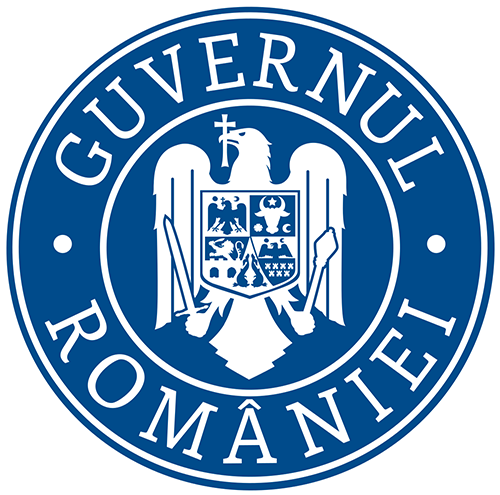On January 31, 2022, the European Institute of Romania (EIR), in partnership with Euractiv Network, organized the debate entitled: “The minimum wage and the dynamics of labour relations” (online-format, Zoom). The event was part of the project EUROFOUND Correspondents Network: Romania, financed by the European Foundation for the Improvement of Living and Working Conditions (EUROFOUND), project implemented during the period 1 March 2018 – 28 February 2022 by a consortium made up of the European Institute of Romania and S.C. Euractiv Network S.R.L.
The main ideas presented during the debate were:
- The minimum wage is a very important tool when it comes both to designing wage policies and to the alignment with the EU’s policies in this field;
- At the European level, the minimum wage is a widely debated topic, which requires a new formula to be implemented as soon as possible;
- In order to find the most effective solution regarding the minimum wage, a constant dialogue between the social partners and the authorities is necessary; as a result, both social and human dimensions must be discussed, and here we can make reference to aspects such as: the standard of living, the way the compensations are made, family income;
- According to the Eurofound report, the legal minimum wage has been increased in almost all the European countries, with the sole exception of Latvia which chose to “freeze” it during 2021 and 2022;
- The minimum wage in Romania is far lower compared to most of the EU’s member states; therefore, at the national level, people who live on the basis of the minimum wage (including the compensations/aid these people benefit from) are at the poverty line;
- Through the reform proposed by the National Plan for Recovery and Resilience, the Ministry of Labour and Social Solidarity will do its best in order to create decent living conditions for all the Romanian citizens;
- An increase in the minimum wage is associated with some challenges; if the employee declines the offer, the employer cannot apply the law; this is the main reason why we must learn how to cope with such situations;
- The regulation of the minimum wage is imperatively necessary taking into account the fact that, in the last 10 years, the number of the employees who have benefited from the minimum wage increased;
- Nowadays, the legislative framework does not allow tax fraud to be sanctioned, therefore research/studies in the field of labour relations are very important and necessary;
- An increase in the minimum wage must also be in accordance with the economic environment’s sustainability; in order to avoid the gaps that could arise, it is necessary to carry out prior analyzes of the effects produced by the increase in the minimum wage;
- An increase in the minimum wage impacts certain areas of activity in different ways; therefore, a permanent dialogue between the social partners and the Government is aimed to find the best solutions to this matter;
- Production capacity and smart sectors’ development is a key solution if we want to attract highly skilled workers both from Romania and from abroad.
EUROFOUND Report: Minimum wages in 2021 – Annual review
Presentation Raluca Dimitriu_Minimum wage. Some legal aspects. (RO)
Presentation Victoria Stoiciu_Minimum wage – Challenges and opportunities. (RO)



